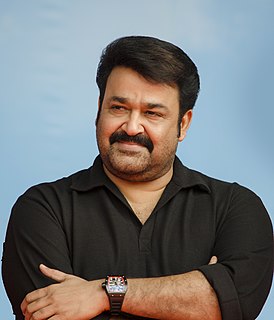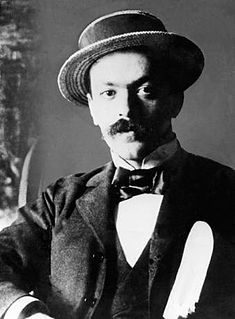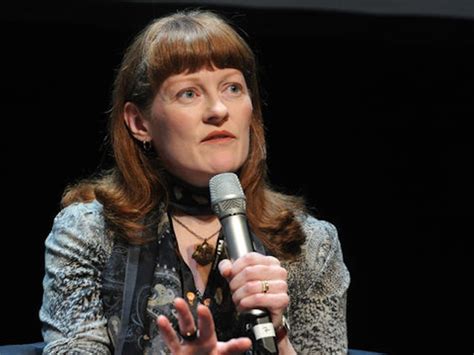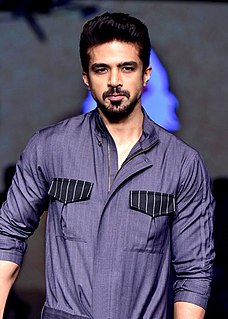A Quote by Richard Corliss
In 'Se7en' and 'Fight Club,' Fincher proved his suave mastery of film violence; in Zodiac, his way of clarifying the many clues in a murder thriller. As he showed in 'The Social Network,' the director also knows that no wound is more toxic than a friend's betrayal.
Related Quotes
I feel that non-violence is really the only way that we can follow because violence is just so self-defeating. A riot ends up creating many more problems for the negro community than it solved. We can through violence burn down a building, but you can't establish justice. You can murder a murderer, but you can't murder murder through violence. You can murder a hater, but you can't murder hate. And what we're trying to get rid of is hate, injustice, and all of these other things that continue the long night of man's inhumanity to man.
David Fincher is probably the best comprehensive director in terms of being a manger of a process that must drive forward. He has such confident command of cinema language and visual language and script and performance. He knows more about f-stops than any cameraman, he knows more about lighting than any gaffer, he is a wonderful writer, and he can give you a good line reading. Under pressure, he is the kind of guy who you will just dive in with and trust and follow because his vision is so intense.
There is a social contract in "Fight Club" and in "Choke" where the protagonist has deceived a whole bunch of people. In "Choke" it's all of these people who think that they've saved his life, and really care about him because they've embraced him and they've been his saviors. In "Fight Club" it's all of these people who are dying of various diseases, and they thought that Edward Norton was also dying so they allowed him really strong pent-up emotions.
Priyadarshan has directed over 84 films and more than 150 ad films. With every film, he is growing. He knows his job well; he is thorough. His way of making a film and song or choreographing a scene is entirely different from other directors. He knows how to use an actor's talent and how to handle an actor.
Violence never really deals with the basic evil of the situation. Violence may murder the murderer, but it doesn’t murder murder. Violence may murder the liar, but it doesn’t murder lie; it doesn’t establish truth. Violence may even murder the dishonest man, but it doesn’t murder dishonesty. Violence may go to the point of murdering the hater, but it doesn’t murder hate. It may increase hate. It is always a descending spiral leading nowhere. This is the ultimate weakness of violence: It multiplies evil and violence in the universe. It doesn’t solve any problems.
The service a man renders his friend is trivial and selfish, compared with the service he knows his friend stood in readiness to yield him, alike before he had begun to serve his friend, and now also. Compared with that good-will I bear my friend, the benefit it is in my power to render him seems small.
Here's a strange fact: murder a man, and you feel responsible for his life - ''possessive'', even. You know more about him than his father and mother; they knew his fetus, but you know his corpse. Only you can complete the story of his life, only you know why his body has to be pushed into the fire before its time, and why his toes curl up and fight for another hour on earth.
The reason I've gotten into script-writing, which was accidental to begin with, was that I found it was a far more effective medium for violence. Which is something that I'd always written in songs, but the violence always sat strangely within a song. And I was always interested in the way in which you listen to murder ballads and things like that - these weird lines would kind of come out, like, I drug her by the hair or something - that sat weirdly in the song. Film seems to be a medium designed for betrayal and violence.




































